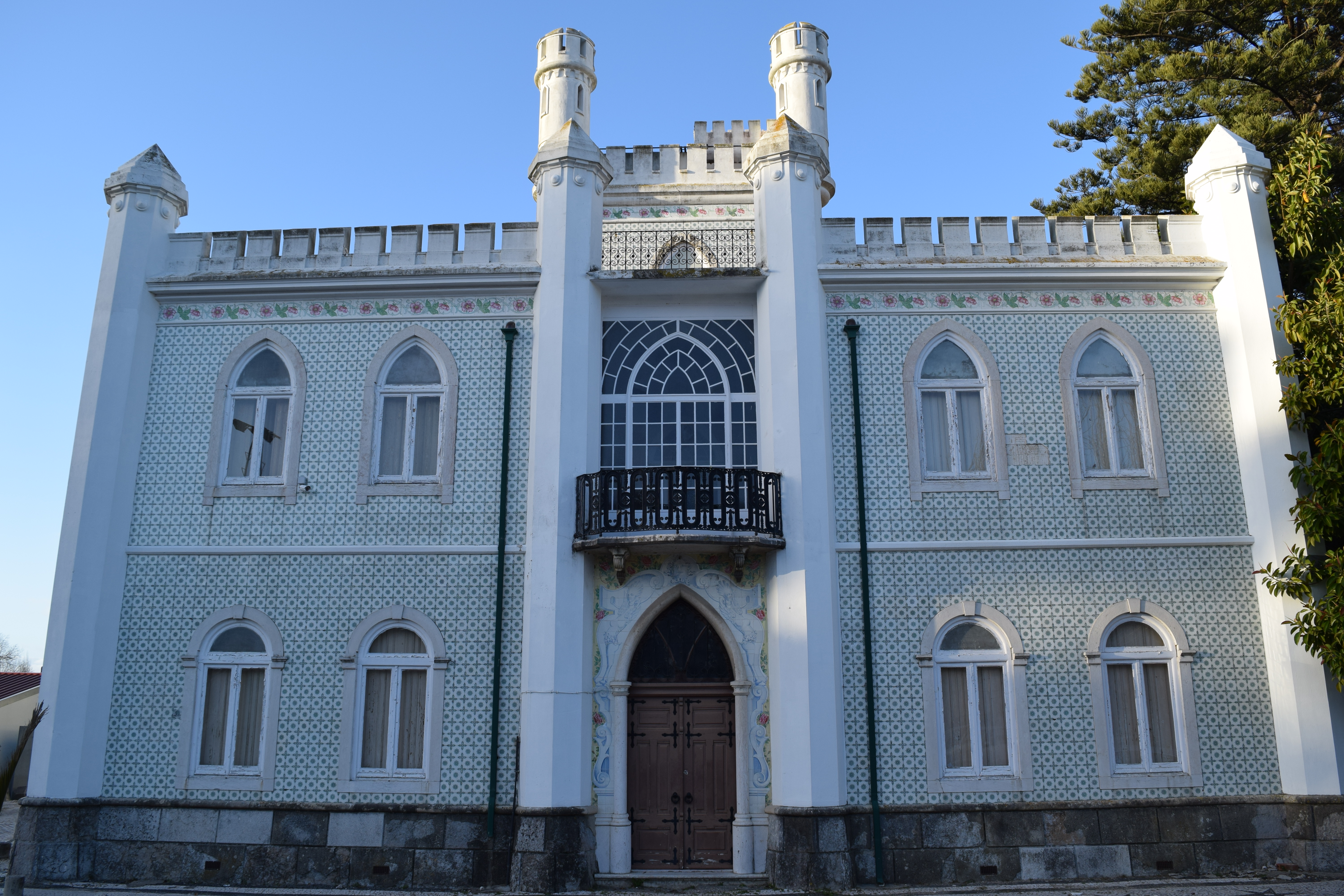- 1836
School of Pharmacy attached to the Medical-Surgical School of Lisbon founded by Passos Manoel.
- 1911
Establishment of the Universidade de Lisboa. The Medical-Surgical School of Lisbon named Faculty of Medicine of the Universidade de Lisboa, and continues to include the School of Pharmacy. The education reform movement leads to changes in the pharmacy curriculum, which now extends to eight semesters, leading to the title of Pharmaceutical Chemist.
- 1918
Decree 4,653, of July 14, determined that the pharmacy should be taught in the Higher Schools of Pharmacy at the universities of Lisbon, Porto and Coimbra, and should no longer be part of the medical faculties. The institution became independent and was renamed the Universidade de Lisboa Higher School of Pharmacy. However, it continued to share Faculty of Medicine facilities in a situation that was both precarious and inadequate.
- 1920
Acquisition of land at Quinta da Torrinha to build its own facilities. This property, in the era of agricultural typology, was located in the area currently occupied by the various buildings of the FFUL, the former Refectory II of the University of Lisbon and at the Avenida das Forças Armadas. The University City Campus was later to be built on this and surrounding land.
- 1921
Decree No. 7,238, of January 18, makes the School of Pharmacy into the Faculty of Pharmacy of the Universidade de Lisboa, allowing it to award undergraduate and doctoral degrees in Pharmacy, as well as Pharmaceutical Chemist diplomas.
- 1932
The Faculty of Pharmacy of the Universidade de Lisboa was abolished as a result of budgetary cuts introduced by the New State. This followed the 1928 abolition of the Faculty of Pharmacy of the University of Coimbra. As a result of these political decisions, only the Faculty of Pharmacy of the University of Porto had the authority to award a degree in pharmacy. The Faculties of Pharmacy in Lisbon and Coimbra returned to their former status as Higher Schools of Pharmacy, with the right only to award bachelor’s degrees in pharmacy.
- 1968
Decree-Law No. 48,696 restored the schools of pharmacy at Lisbon and Coimbra to the status of Faculties of Pharmacy offering the same course as available at the Faculty of Pharmacy of the University of Porto, to award degrees in pharmacy.
- 1978
1978-1988 | The undergraduate degree in pharmacy was replaced by a degree in Pharmaceutical Sciences, conferred in three areas: Dispensing and Hospital Pharmacy (Area A), Industrial Pharmacy (Area B) and Chemical-Biological Analysis (Area C), with the introduction of compulsory pre-licence internships lasting six months (Decree-Law no. 111/78, of October 19). This curriculum was amended by European directives, and the three separate areas were abolished and replaced with a licentiate’s degree in pharmaceutical sciences, taught over 11 semesters.
- 1996
Opening of Buildings G and H, with the new auditorium library, amphitheatres, classrooms, cafeteria, offices and administrative services.
- 2006
The Bologna Process led to a new curriculum, with the introduction of a 10-semester integrated masters degree in pharmaceutical sciences. In that same year the 2nd-cycle masters degrees were created and the doctorate reorganized.
- 2013
Merger of the Universidade de Lisboa and the Technical University of Lisbon. Creation/publication of new FFUL logo. Attribution of the Medal of Honour of the Order of Pharmacists.
- 2017
Accreditation, by the A3ES - Agency for Higher Education Evaluation and Accreditation, of the integrated masters in pharmaceutical sciences, 2nd-cycle masters and the PhD in pharmacy. Renaming of the FFUL Auditorium to the Maria Odette Santos-Ferreira Auditorium following a proposal from the FFUL’s students’ association that was approved by the School Board.
- 2019
Attribution of the name Carlos da Silveira to the FFUL Centre for Molecular Pathogenesis following a proposal from Professor António Almeida that was approved by the School Board.

